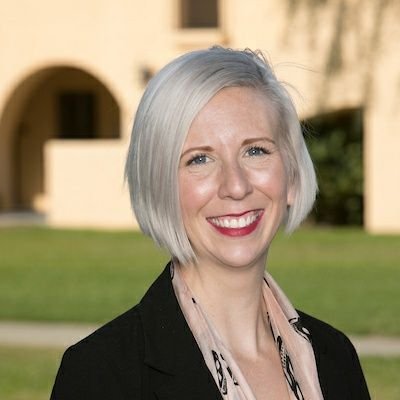Libraries have always provided videos as part of their collections, but advances in technology and bandwidth have made it possible now to offer streaming media. The increased accessibility of streaming, available on any network computer, from on or off campus, compared to a DVD makes the decision to seek streaming a no-brainer. Streaming videos however brings a new set of challenges for librarians: there are few or no licensing standards, rights ownership is often unclear and bandwidth limitations are some of them. In this panel we will be presenting the experiences of two academic libraries and of a streaming video provider.
Baruch College has been providing streaming media since fall 2008, with the advent of a new Film Studies minor. The films requested were feature films, often foreign films, not films easily available in any of the nascent aggregator streaming. We will discuss how we grew from streaming a couple of films a semester to over 50.
You’ll also hear about the experience of the University of North Carolina at Greensboro in responding to faculty needs as more courses are offered online and students express a preference for streaming options over viewing DVDs in the classroom or the library.
One source of educational content is Docuseek2, which provides educational streaming access to films from such publishers and distributors as Bullfrog Films. Representatives of these two companies will explain the technical side of working with our libraries, and they will discuss the pros and cons of self-hosting versus using third party platforms to stream video.
This panel will consider licensing issues, access and security issues, and managing course deadlines. We will also discuss issues around hosting (or not) one’s content and what to consider. We will share what we have learned and some best practices that we have developed.
Libraries and library consortia are buying increasing numbers of e-books through a variety of acquisition models, and analysis of previous usage can be used to help make these purchases more effective and targeted. This session provides two perspectives – a consortium of 73 academic libraries and an individual academic library – and gives practical examples of how this approach can be implemented.
The Virtual Library of Virginia (VIVA) consortium used a pilot Publisher/Subject Collection Analysis to explore ways to use print circulation data to inform future, collaborative e-book purchases. An important consideration was defining “high circulating” books in a way that allowed member libraries of all sizes to participate, and central to this analysis was distillation and normalization of the data. Libraries provided the ISBN, call number, and total number of circulations, among other data items, to the VIVA central office, which used the ISBN to generate normalized publisher names. Initial results of the analysis have provided easy drilling down to show top publishers for a given subject area.
In a similar vein, American University Library has analyzed historical approval orders to identify which publishers may be the best fits to be removed from the approval plan and changed to package and frontlist purchases made directly from the publisher. Benefits of this approach include more comprehensive coverage of a publisher’s titles and easier tracking of cost per publisher. Circulation data for the books was used as a prioritization mechanism, and purchases have already been made using this method.
Attendees will learn the procedures for doing collection analyses of this kind, including the process of mapping ISBNs to publishers and the scripts used to process the data efficiently for the VIVA project. A discussion with the audience will follow the presentation.
Open access publishing continues to be a topic of debate and discussion in the popular media, blogs and listservs. A panel representing different points of view will discuss open access journals and articles from the perspective of metadata and accessibility. Open access content is the utmost accessible content, if students and researchers know how to find it, and know how to judge whether what they find is worthy of inclusion in their research. The discussion will focus on how to make open access publications and articles more accessible.
Questions the session will strive to answer are:
Attendees will be encouraged to engage in the discussion and provide input as to what they see as being done well, and what issues they have with open access content. This potentially dynamic discussion we hope will be thought provoking and foster new thinking on the importance of metadata in reliably finding content – and finding reliable content!
